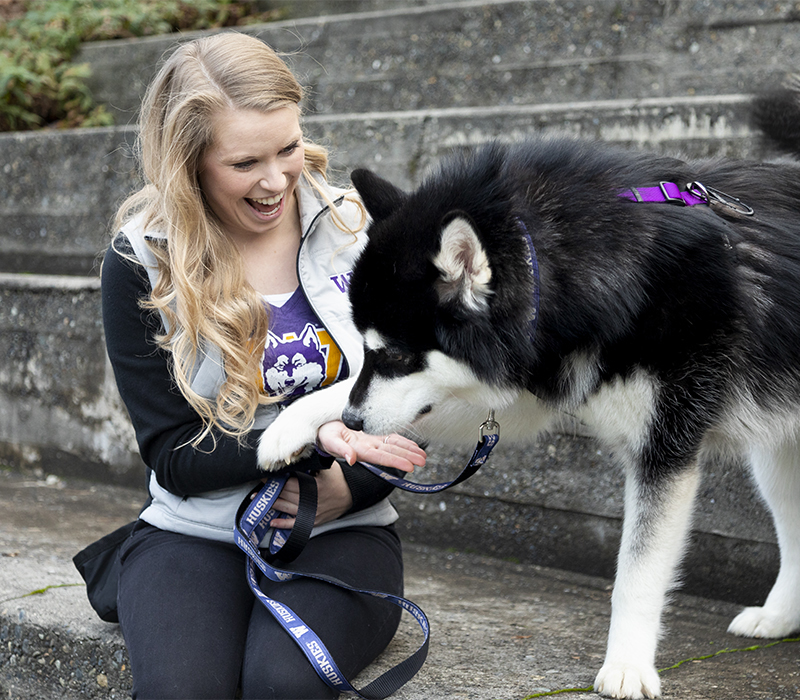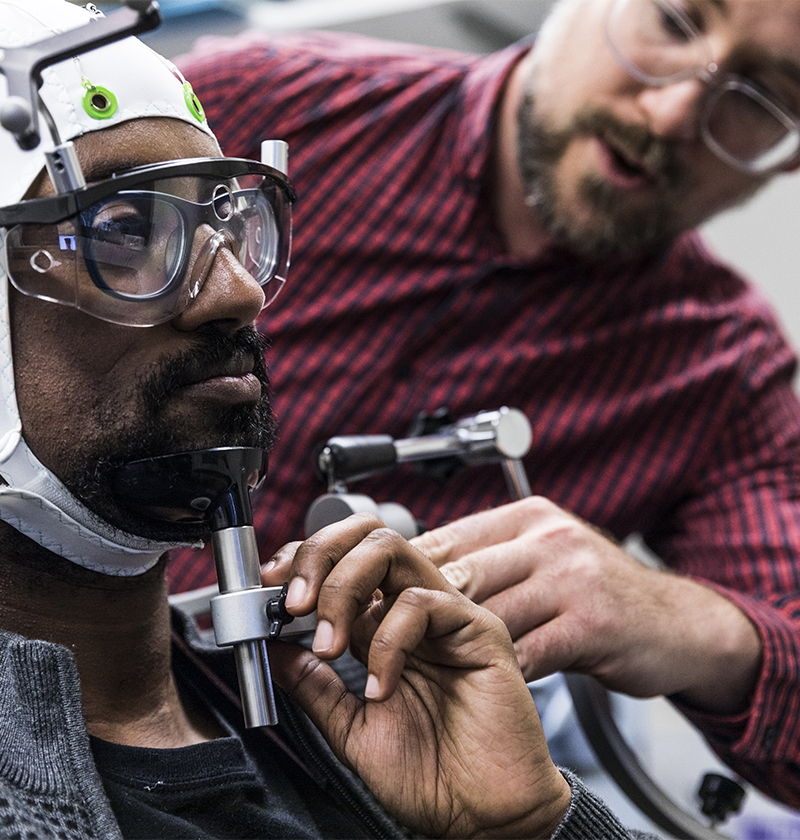


In the Department of Psychology, you’ll explore the fundamental principles of human behavior and learn how to apply that knowledge to positively impact individuals and their communities. The department offers both Bachelor of Science and Bachelor of Arts degrees to meet a wide range of student interests. In addition to traditional doctoral education, our graduate program emphasizes interdisciplinary approaches to effectively address society’s pressing challenges. Our faculty research, which receives more than $12 million annually in grants and contracts, applies our understanding of brain science to enhance social equality, optimize human potential, and strengthen society.

Animal Behavior; Behavioral Neuroscience; Clinical Psychology; Child Clinical Psychology; Cognition and Perception; Developmental; Social and Personality; Quantitative Psychology

Psychology studies the broad spectrum of behavior, and the career paths it opens up are equally broad. Students who pursue a bachelor of science or graduate study are equipped to succeed in scientific and research-based roles. Students who receive a Bachelor of Arts use their knowledge of human and animal behavior in more general roles. Regardless of which track you follow, the analytical thinking, problem-solving and communication skills developed through the study of psychology will position you for success in many fields, including education, business, government, healthcare and the nonprofit sector.
Psychology majors pursue a wide range of careers, including:

The Department of Psychology is committed to translating its research discoveries into actions that positively impact our communities. Examples include:
Through the department’s Clinical Psychology Graduate Training Program, consistently ranked among the top 10 programs nationally by U.S. News & World Report, graduate student therapists provide services to Seattle area residents under the supervision of licensed psychologists.